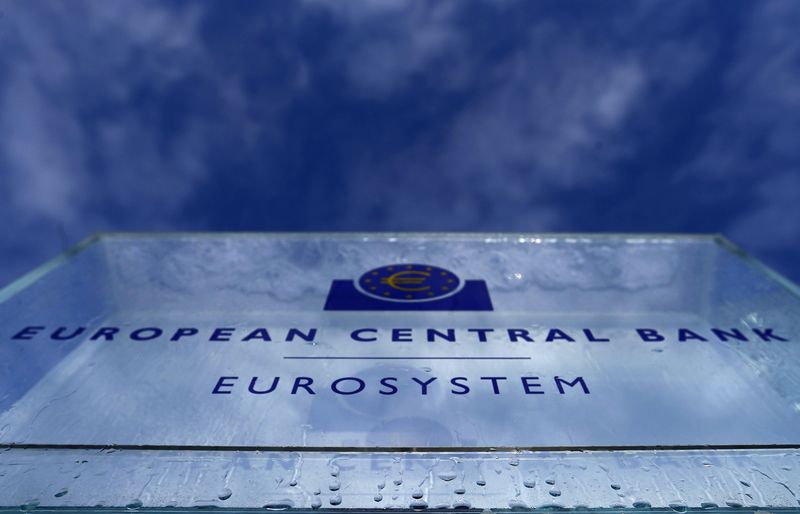By Geoffrey Smith
Investing.com -- The European Central Bank raised its key interest rates by 50 basis points on Thursday, pressing on with its fight to tame inflation despite signs of stress in the financial system resulting from earlier rate hikes.
However, the bank dropped from its statement any reference to further interest rate hikes, a significant shift from its previous messaging. That comes in a week when global financial markets have been rattled by the collapse of three mid-sized U.S. banks, and by concerns for the viability of Swiss lender Credit Suisse (NYSE:CS), one of the world's 'systemically important' banks.
Credit Suisse was handed a $54 billion lifeline and a vote of confidence by the Swiss National Bank overnight.
The interest rate on the ECB's main refinancing operations will rise to 3.50%, while the deposit facility rate will rise to 3.0% and the marginal lending rate to 3.75%. The bank also said it will continue to reduce its balance at the current rate of around €15B a month.
"Inflation is projected to remain too high for too long," the ECB said in a statement accompanying its decisions.
But the rest of the statement consisted of several hints that it could quickly reverse course if the current bout of volatility threatened to derail the economy.
"The Governing Council is monitoring current market tensions closely and stands ready to respond as necessary to preserve price stability and financial stability," the ECB said. It added that it considers the banking sector "resilient, with strong capital and liquidity positions."
"In any case, the ECB’s policy toolkit is fully equipped to provide liquidity support to the euro area financial system if needed and to preserve the smooth transmission of monetary policy," the bank summed up.
"This has the feel of a last rate hike," said G+ Economics founder and CEO Lena Komileva via Twitter. "With a large systemic and growth tail risk attached."
The ECB's latest set of forecasts, published on Thursday, show inflation still running just above the bank's medium-term target of 2% in 2025. At the same time, it raised its growth forecasts for the single currency bloc, and now sees GDP growth of 1% this year. It also revised up its forecasts for 2024 and 2025.
However, the new growth and inflation forecasts were finalized before the outbreak of market volatility last week, and are therefore subject to a higher degree of uncertainty than usual, the bank said.
